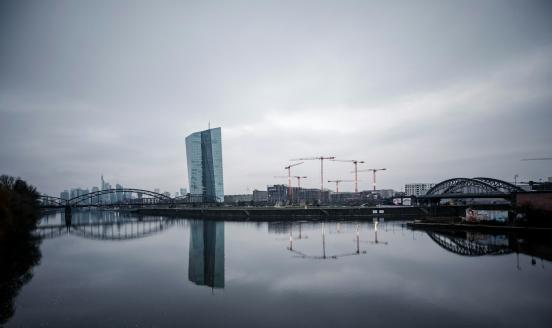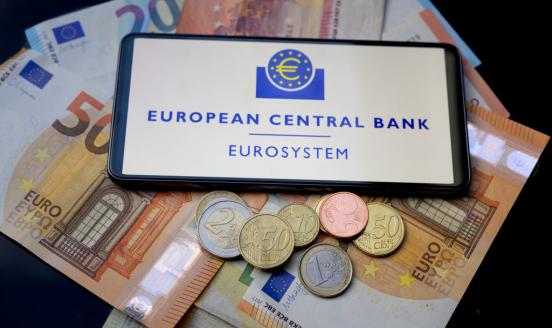Are we out of the woods yet?
The return to normal may just have to wait.
Finally, the vaccine is here. Stock markets have reacted exuberantly and we can see the light at the end of the tunnel. The confinement and isolation that have weighed on old and young alike will come to an end and the economy can rebound back from its semi-comatose state. We can then all go back to business as usual.
Not so fast. Four in 10 doctors in Belgium, the country where I reside, are not themselves keen to take the COVID-19 vaccine. Similar results have been found also in the UK. It is likely that such concerns exist in other countries as well.
These doctors are not vaccine deniers. Their objection is that the vaccine, despite all the money, effort and best science dedicated to it, has simply not passed the test of time.
If you ask your friends, your colleagues, both older and younger, if they will get vaccinated against COVID-19, you will not get a clear answer. We may need 70% of the population to be vaccinated for herd immunity to be achieved.. Globally, that means that more than 5 billion people need to be vaccinated.
This is undoubtedly one of the biggest logistics challenges ever. And while the production and distribution of the vaccine is part of that, it is surprisingly not the only one. When doctors themselves, who are crucial for providing information and advice to the population, are sceptical in quite such high numbers, how can we expect to achieve a quick return to normal? More importantly, is the vaccine the solution we need it to be?
The more we hear the worries of others, the more it feels like we are witness to a tragedy of the commons: we need 70% of the population to be vaccinated, but I would rather be at the 30%, at least till we learn more about the vaccine.
While we were preparing for shortages and huge queues outside vaccination centres, we might end up seeing exactly the opposite: a surplus of vaccines and a shortage of demand.
As with other examples of the tragedy of the commons, government regulation is called on to protect the public good. However, when it comes to vaccines, particularly such new vaccines, there are ethical issues that prevent their compulsory administration.
There has been some discussion of soft enforcement through exclusion. In other words, only granting vaccinated groups access to certain events or spaces. But such softer measures run contrary to the 70% threshold. And they may not really be enforceable and might only achieve social unrest.
But what is then left? Communication and persuasion? No. We cannot ignore such a large minority. Either there is a point to the concerns of these four out of 10 doctors, in which case attempts to rush and persuade are synonymous with deceit, or these doctors do not have a point in which case why are they objecting at quite such high numbers?
What is greater, the premium for waiting or the cost of an unsafe vaccine? On second thoughts, we might not be in a tragedy of the commons, as it is not clear what serves the public good better. It goes without saying that it is science that provides the answers. But it is just not clear that it has already.
I fear that the return to normal may just have to wait.




